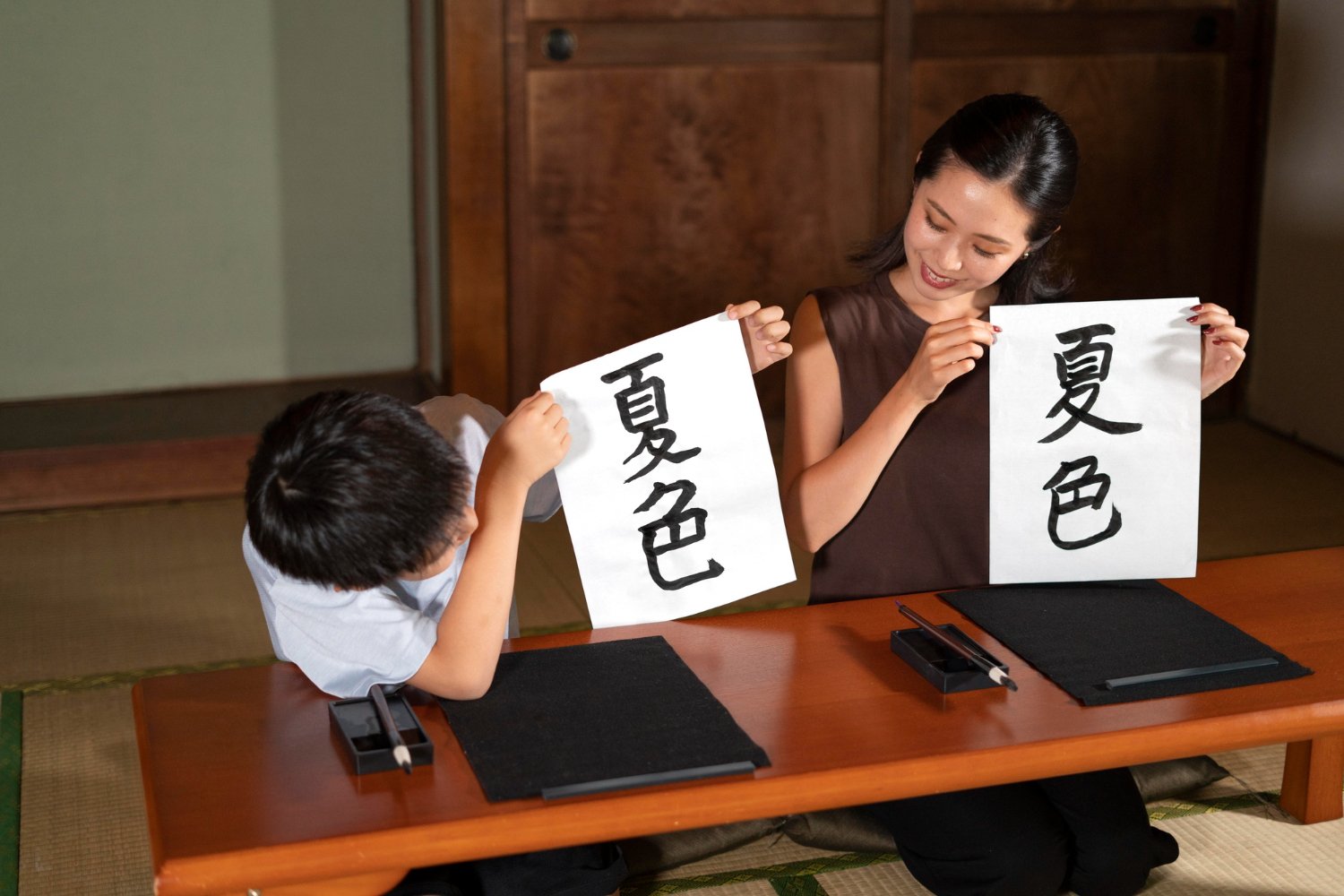Introduction
The phrase yokeru kamo (よけるかも) translates to “might avoid” or “might dodge” in English. It is a common expression in Japanese, often used in both literal and figurative contexts.
Avoidance is a nuanced concept in the Japanese language, with various words expressing different degrees of dodging, escaping, or evading. This article explores yokeru kamo and its synonyms, such as sakeru kamo (避けるかも), kawasu kamo (交わすかも), and kaihi suru kamo (回避するかも), to provide a deeper understanding of their meanings and usage.
What Does Yokeru Kamo Mean?
The verb よける (yokeru) means “to avoid” or “to dodge.” The particle かも (kamo) indicates possibility, making yokeru kamo mean “might avoid.”
People use this phrase in different scenarios:
- Physical avoidance – Dodging an obstacle or avoiding danger.
- Social avoidance – Skipping an event or ignoring someone.
- Mental avoidance – Evading a difficult conversation or situation.
Understanding how yokeru kamo fits into different contexts helps in mastering natural Japanese communication.
Sakeru Kamo (避けるかも): A Common Alternative to Yokeru Kamo
Another way to express avoidance is sakeru kamo (避けるかも), which also means “might avoid.” However, sakeru is more commonly used for avoiding:
- Unpleasant situations – Avoiding conflicts, responsibilities, or commitments.
- Unwanted people – Avoiding someone intentionally.
- Harmful substances – Avoiding unhealthy food or allergens.
Example sentence:
- 雨を避けるかも (Ame o sakeru kamo) – “I might avoid the rain.”
While yokeru kamo often refers to physical dodging, sakeru kamo is broader in meaning.
Kawasu Kamo (交わすかも): Dodging with Skill
The verb 交わす (kawasu) means “to dodge” or “to evade,” but it suggests a more skillful or intentional avoidance.
People use kawasu kamo (交わすかも) when referring to:
- Dodging attacks – Avoiding a hit in sports or martial arts.
- Skillfully avoiding questions – Politely sidestepping an uncomfortable topic.
- Passing responsibility – Deflecting a task onto someone else.
Example sentence:
- 彼は質問を交わすかも (Kare wa shitsumon o kawasu kamo) – “He might dodge the question.”
This phrase implies active avoidance rather than accidental dodging.
Kaihi Suru Kamo (回避するかも): A More Formal Expression
The term 回避する (kaihi suru) means “to evade” or “to avoid,” often in formal or professional settings.
People use kaihi suru kamo (回避するかも) in contexts such as:
- Avoiding risks – Evading danger or financial losses.
- Legal and business settings – Avoiding legal trouble or market risks.
- Serious situations – Avoiding disasters, conflicts, or serious problems.
Example sentence:
- 交通事故を回避するかも (Kōtsū jiko o kaihi suru kamo) – “He might evade a traffic accident.”
Unlike yokeru kamo, which is casual, kaihi suru kamo is used in more serious discussions.
Nogareru Kamo (逃れるかも): Escaping from Something
The verb 逃れる (nogareru) means “to escape” rather than just “avoid.” The phrase nogareru kamo (逃れるかも) means “might escape.”
This phrase is used for:
- Escaping danger – Fleeing from a natural disaster or enemy.
- Avoiding responsibility – Escaping from obligations or punishment.
- Getting out of difficult situations – Avoiding uncomfortable confrontations.
Example sentence:
- 彼は責任から逃れるかも (Kare wa sekinin kara nogareru kamo) – “He might escape responsibility.”
This word implies a more desperate or necessary avoidance.
Tōhi Suru Kamo (逃避するかも): Mental and Situational Avoidance
The phrase 逃避する (tōhi suru) means “to escape” in an emotional or psychological sense.
People use tōhi suru kamo (逃避するかも) when referring to:
- Avoiding reality – Escaping into fantasies or distractions.
- Dodging responsibilities – Ignoring duties or challenges.
- Mental health concerns – Avoiding stress through unhealthy coping mechanisms.
Example sentence:
- 彼は仕事から逃避するかも (Kare wa shigoto kara tōhi suru kamo) – “He might avoid work (mentally or emotionally).”
This phrase suggests psychological avoidance rather than physical dodging.
Other Synonyms for Yokeru Kamo
Several other expressions convey different shades of avoidance:
- Hineru kamo (ひねるかも) – Might twist away (physically or metaphorically).
- Ukeru kamo (受けるかも) – Might parry (deflect an attack instead of avoiding).
- Suberu kamo (滑るかも) – Might slip away (accidental avoidance).
- Fuseru kamo (伏せるかも) – Might duck (to hide or avoid detection).
- Yurusu kamo (許すかも) – Might let go (avoid conflict through forgiveness).
Each of these expressions fits different situations, making avoidance a rich and flexible concept in Japanese.
Conclusion
The phrase yokeru kamo (よけるかも) means “might avoid” and is commonly used for dodging objects or situations. However, many synonyms, such as sakeru kamo, kawasu kamo, and kaihi suru kamo, express different shades of avoidance, from skillful dodging to mental escapism.
Understanding the differences between these terms helps Japanese learners and speakers use the most appropriate word in each situation. Whether avoiding a difficult conversation or physically dodging an object, Japanese has a precise word for every scenario.
FAQs
1. What does yokeru kamo mean in Japanese?
It means “might avoid” or “might dodge,” referring to both physical and abstract avoidance.
2. How is yokeru kamo different from sakeru kamo?
Yokeru kamo is often used for physical dodging, while sakeru kamo can also refer to avoiding responsibilities or people.
3. When should I use kawasu kamo?
Use kawasu kamo when dodging something skillfully, like avoiding attacks or deflecting difficult questions.
4. Is kaihi suru kamo a formal term?
Yes, kaihi suru kamo is more formal and used in business, legal, and risk-avoidance contexts.
5. What is the difference between nogareru kamo and tōhi suru kamo?
Nogareru kamo refers to physically escaping something, while tōhi suru kamo implies mental or emotional avoidance.

